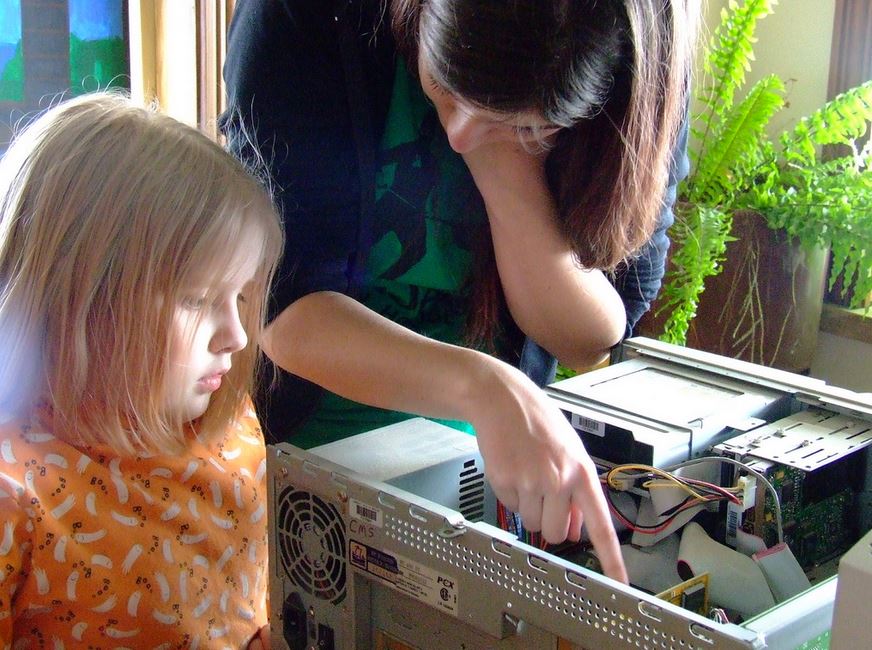Have you ever wanted to try homeschooling your child, but felt your family didn’t fit into the homeschool stereotype of one parent at home teaching and the other parent out doing the breadwinning?
Apparently other parents have felt the same way. But instead of throwing up their hands and resigning their children to a less than optimal education, some parents have accepted the fact that there is no perfect recipe for homeschool and have tackled the task while also holding down a job. Author Laura Vanderkam suggests three ways in which parents can do this:
“First, they realize that all working parents need some sort of child care, even parents who work from home. Traditional schools serve this function for some families, but ‘education’ and ‘custodial care’ can be unbundled.
Second, core learning comprises fewer hours of the traditional school day than you might think. A school day that runs from 9 a.m. to 3:30 p.m. includes lunch, transition times, and classroom management. One-on-one instruction is a lot more efficient. Twenty hours a week would match what most schools offer, and most schools only run for nine months a year. [Working homeschool mom Catherine] Gillespie says homeschooling runs from 7:30 or 8:00 a.m. to noon or 1:00 p.m. in her house, with some extra reading time. ‘School does go faster when you are teaching a smaller class,’ she says.
Third, homeschooling parents can share the load. Two parents can divvy up subjects and instructional time. Many hire tutors for individual subjects. Carrie Beam, an engineer who works in an office Monday through Thursday, told me that her daughter goes to tutoring for a few hours per day. On Fridays, Beam teaches math to her daughter and several other homeschooling students. Many homeschooling families belong to such co-ops or programs that provide group learning or specialized instruction at least one day a week.”
The fact of the matter is, so many of us have grown used to the institutional, factory-formatted style of education practiced in the public schools that we forget to think outside of the box. By its very nature, homeschooling trains those who practice it to be flexible, disciplined, and motivated to learn no matter the time of day or teacher who stands (or doesn’t stand) in front of them.
Let’s be honest: there’s no perfect homeschooling scenario. But is it possible that even a less than perfect homeschooling experience offered by a loving, sacrificing parent can provide a better, more individualized education than one a child would get in a traditional classroom?
Image Credit: Andrea R via Flickr bit.ly/1hYHpKw
















Leave a Comment
Your email address will not be published. Required fields are marked with *